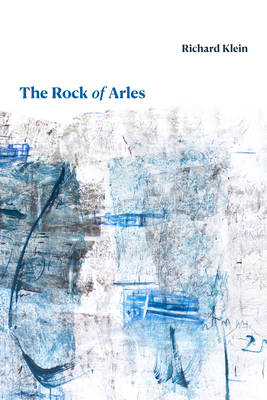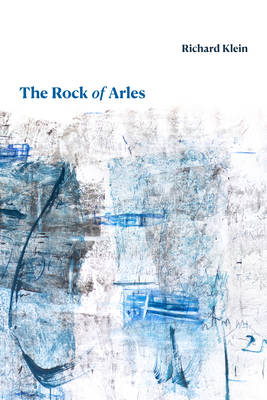
- Afhalen na 1 uur in een winkel met voorraad
- Gratis thuislevering in België vanaf € 30
- Ruim aanbod met 7 miljoen producten
- Afhalen na 1 uur in een winkel met voorraad
- Gratis thuislevering in België vanaf € 30
- Ruim aanbod met 7 miljoen producten
Zoeken
Omschrijving
Founded 2,600 years ago on a massive limestone eminence, the city of Arles has been the home of Roman emperors and captured slaves, pagan temples and Christian spires, bloody revolutionaries and powerful papists. In The Rock of Arles Richard Klein relays the history of the city as told to him by the Rock, its genius loci, which infallibly remembers every moment of its existence, from the Roman conquest of Gaul to the fall of feudal aristocracy, from the domination of the Catholic Church to the present French representative democracy. The Rock's contrarian and dissident history resurrects the memory of three of the city's most radical yet largely forgotten revolutionary minds: Hellenistic philosopher Favorinus, medieval Hebrew poet Kalonymus ben Kalonymus, and subversive aristocrat Pierre-Antoine Antonelle. For the Rock, each figure represents a freethinking current running through Arlesian history which countered the reactionary, bigoted forces that governed the city for fifteen centuries. Erudite, witty, and opinionated, the Rock tells the story of Arles in order to sketch the broader canvas of European history while invoking the city's possible future.
Specificaties
Betrokkenen
- Auteur(s):
- Uitgeverij:
Inhoud
- Aantal bladzijden:
- 176
- Taal:
- Engels
Eigenschappen
- Productcode (EAN):
- 9781478020981
- Verschijningsdatum:
- 13/02/2024
- Uitvoering:
- Hardcover
- Formaat:
- Genaaid
- Afmetingen:
- 157 mm x 229 mm
- Gewicht:
- 430 g

Alleen bij Standaard Boekhandel
+ 289 punten op je klantenkaart van Standaard Boekhandel
Beoordelingen
We publiceren alleen reviews die voldoen aan de voorwaarden voor reviews. Bekijk onze voorwaarden voor reviews.







